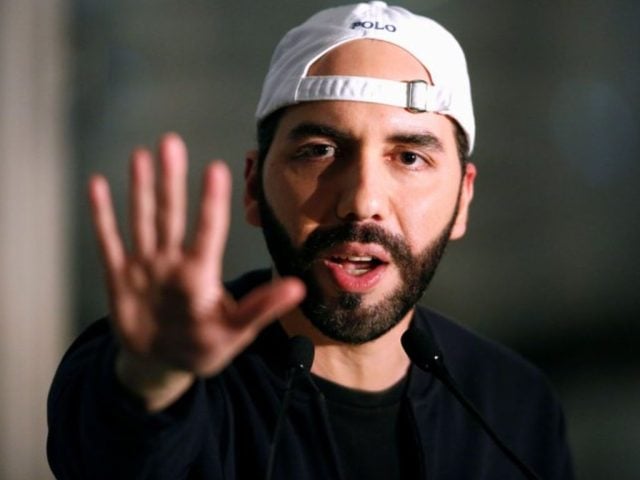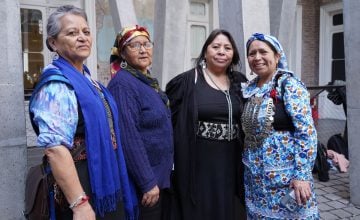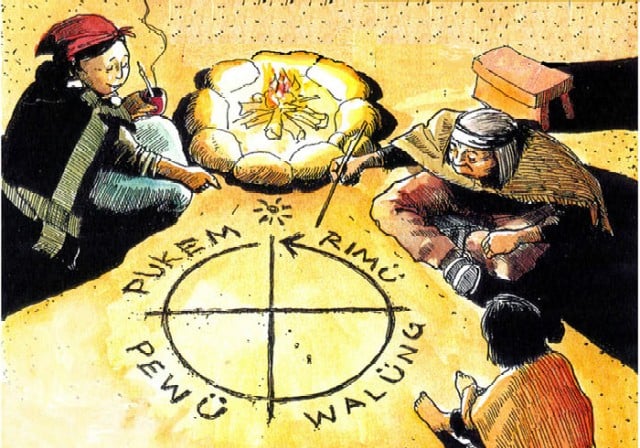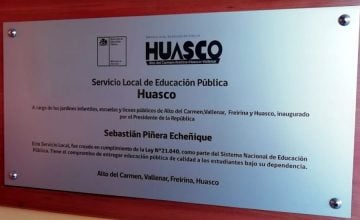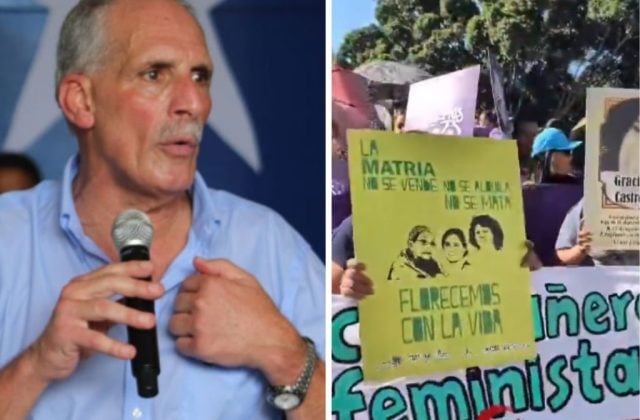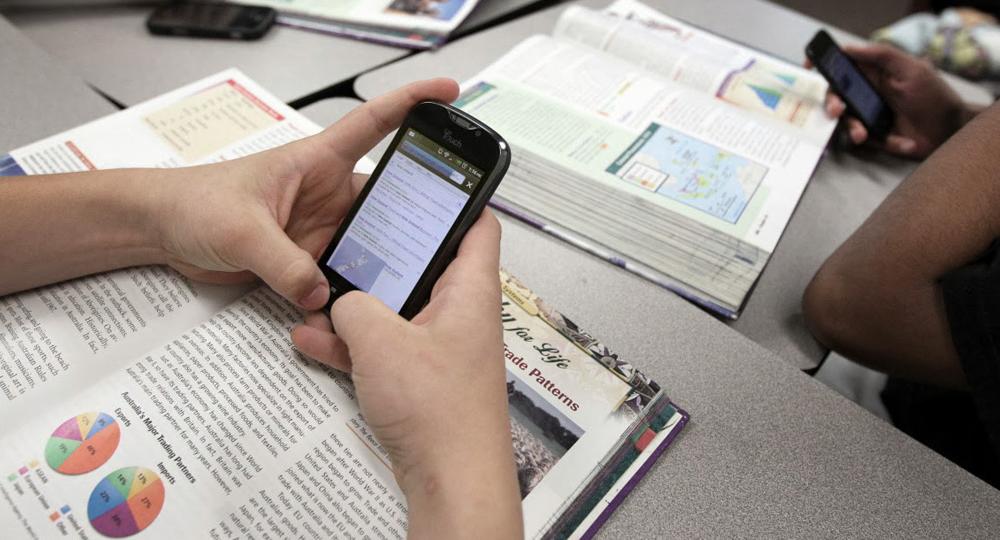In a move that has ignited intense debate among educators, linguists, and human rights advocates, the government of El Salvador’s president, Nayib Bukele , has imposed a sweeping ban on the use of so-called “inclusive language” across the Central American nation’s entire public education system.
The president announced the decision on his X account (formerly Twitter), writing: “As of today, the so-called ‘inclusive language’ is prohibited in all public education centers in our country.”
On the same platform, Education Minister and Army captain Karla Trigueros defended the policy, arguing that its enforcement “ensures the proper use of our language in all materials and content, and protects early childhood, children, and adolescents from ideological interference that could hinder their holistic development.”
“Today I issued the instruction to prohibit the so-called ‘inclusive language’ in all public educational centers and in every department under our institution,” she announced.
The ban applies to all public schools
According to a memorandum shared by Trigueros, who was appointed to the post in August, the prohibition covers “all public educational centers and the dependencies of this State ministry” in order to “consolidate clear, uniform, and respectful institutional communication.”
For that reason, she specified that “words such as ‘amigue, compañere, niñe, todos y todas, alumn@, jóvenxs, nosotras,’ or any other linguistic alteration that references gender ideology, will not be admitted under any circumstance.”
As a result, the generic masculine will be the official form of reference in teaching, and educational materials and textbooks must comply with this directive.
This is not the first time Bukele’s government has positioned itself against what it calls “gender ideology” in the education sector.
It is worth recalling that in February 2024, then–Education Minister José Mauricio Pineda also stated on X that “all use of gender ideology” had been removed from public schools, after Bukele addressed the topic during his appearance at the Conservative Political Action Conference held in Maryland, United States (U.S.).
Responding to a question from Moms for Liberty’s Hispanic coordinator, Catalina Stubbe, the far-right president said that “it is not only important that the curriculum not include this gender ideology and all these things, but also that parents are informed and have a say and a vote in what their children are going to learn.”
In recent years, inclusive language has become a key tool to combat discrimination and promote gender equality; educational institutions and international organizations have recommended its use to foster more respectful environments that recognize the diverse identities present in society.
This latest prohibition of “inclusive language” thus represents the materialization and deepening of an educational and cultural policy that Bukele’s government has been advancing to align with conservative narratives and movements globally.
The measure was welcomed by conservative groups but criticized by feminist organizations and human rights advocates, who report cases of “attacks” and “discrimination” against members of the LGBTIQ+ community.
Repercussions and debate
The decision has triggered a wide range of reactions. Government-aligned sectors and conservative groups have celebrated the move.
By contrast, LGBTIQ+ collectives, human rights organizations, and language scholars have expressed deep concern.
It is worth recalling that in El Salvador, all students attending public schools must comply with strict dress codes and hair-cut rules—regulations that the teachers’ union Frente Magisterial Salvadoreño has described as a “militarization” of the school system.
In June 2024, Nayib Bukele announced the dismissal of more than 300 employees of the Ministry of Culture for promoting “agendas” incompatible with his government’s vision.
“They promote agendas that are not compatible with this government’s vision. In the process, we will also save public funds,” the president said at the time.
